Whether you have a garden, indoor plants, or both, you are probably interested in ways you can nurture your beloved greenery. Fortunately, the answer is right there in your kitchen, and you're most likely throwing it away every day. A lot of the organic matter that goes in the trash can actually end up as compost for your plants. Moreover, getting the process started and going is a piece of cake with minimal maintenance on your part. Composting is pretty much a free giveaway in regards to how easy it is and the value of its many benefits. By getting started now, you can welcome the next blooming season with shovelfuls of rich compost.
What Is Composting?
Just as you would recycle plastic, aluminum, or any other material, you can also turn organic matter into something useful. The recycling process of organic matter is referred to as composting, which you can use as a natural fertilizer to nurture your plants and soil. Basically, composting involves speeding up the decomposing process of any organic matter. This is achieved by providing the perfect atmosphere for decomposers such as worms, bugs, and other organisms to work their magic. The end result — which will essentially look a lot like garden soil — is compost. Due to its high amount of nutrients, farmers aptly call it “black gold”. While composting can apply to industrial-scale agriculture, you can also process your own organic waste at home.
Home composting is divided into two main categories. These depend on the availability of space, amount, kind of waste you produce, as well as the amount of time you can spare. The two types are known as cold and hot composting. The former also referred to as passive composting, decomposes the organic waste at a natural pace and with little intervention. The latter, however, involves more of an active approach where you need to monitor moisture and oxygen levels. In regards to the time span, the hot composting process can take anywhere from four months to a year. The cold process is relatively longer, taking up to two years for the compost to be ready for usage.
Benefits of Composting
Conserving Water
Adding organic matter to soil helps it retain water more efficiently. This would reduce the amount of water you’d need to irrigate your plants by a considerable margin.
Recycling Backyard and Kitchen Waste
Composting reduces as much as 30% of kitchen and household waste, diverting it from the garbage can to your garden. The organic matter that would otherwise end up in a landfill — creating harmful methane — will be enriching your garden instead.
Conditioning the Soil
The beneficial bacteria that are present in compost help in aerating the soil. Moreover, organic waste nourishes your plants by introducing nutrients such as nitrogen and carbon.
Environment-Friendly
Compost is basically an organic alternative to chemical fertilizers, making it an ideal option if you lead an eco-friendly lifestyle.
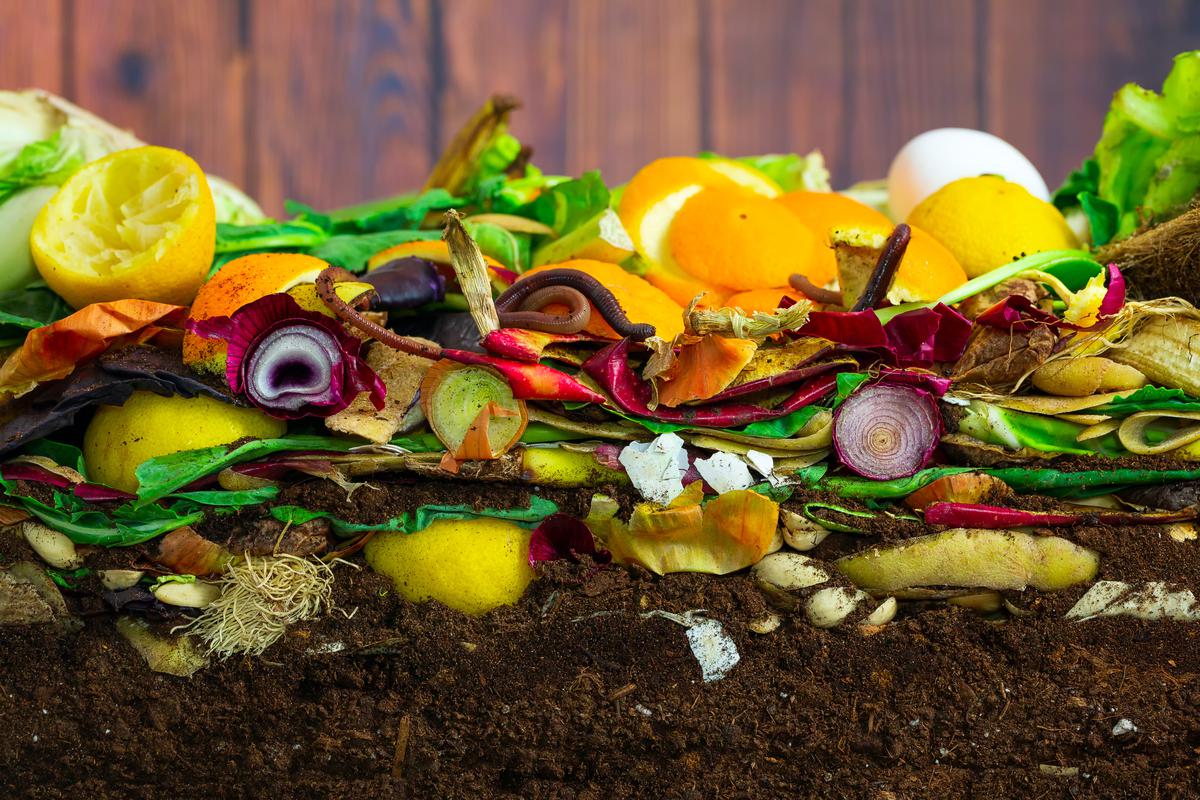
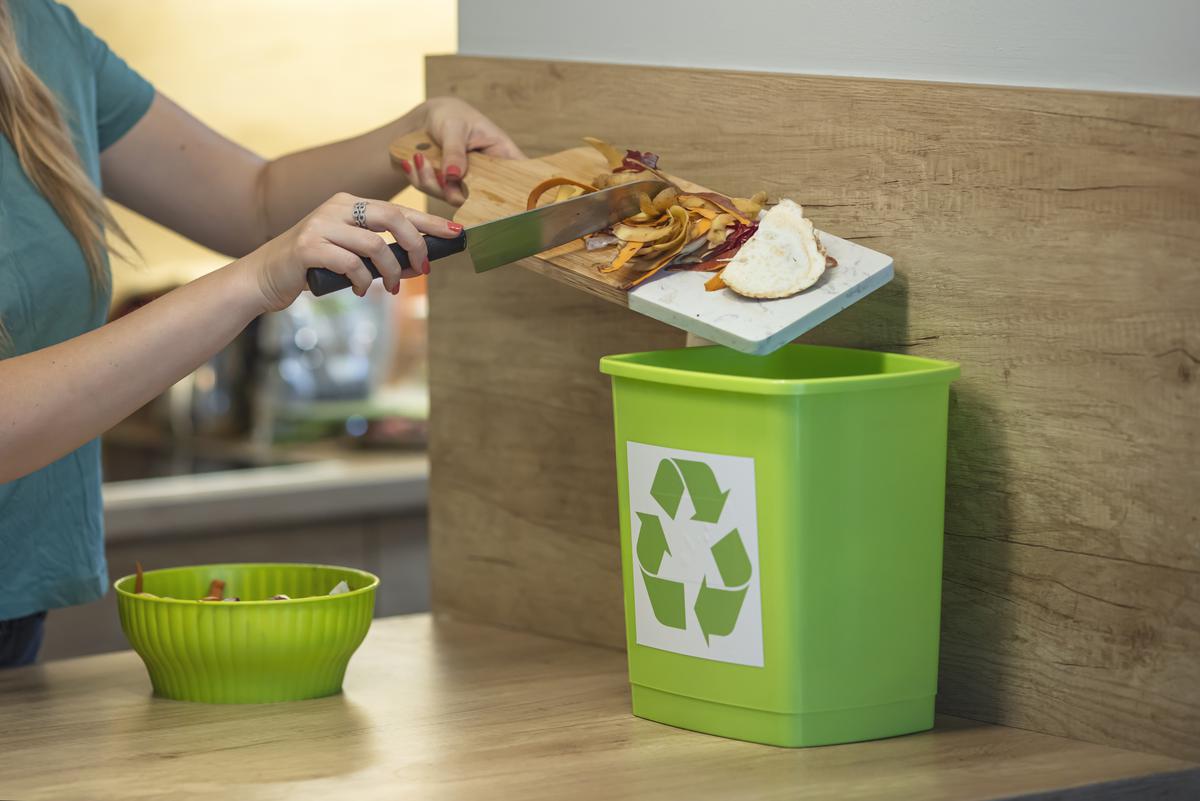
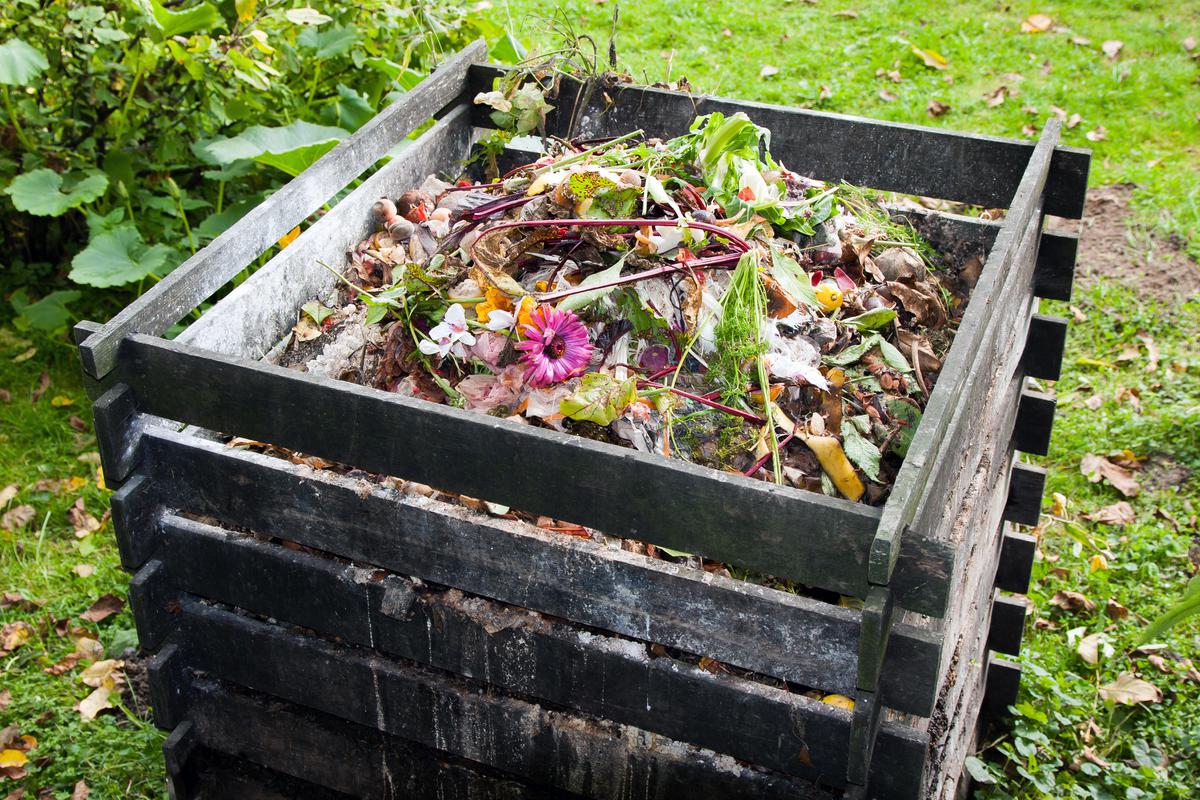
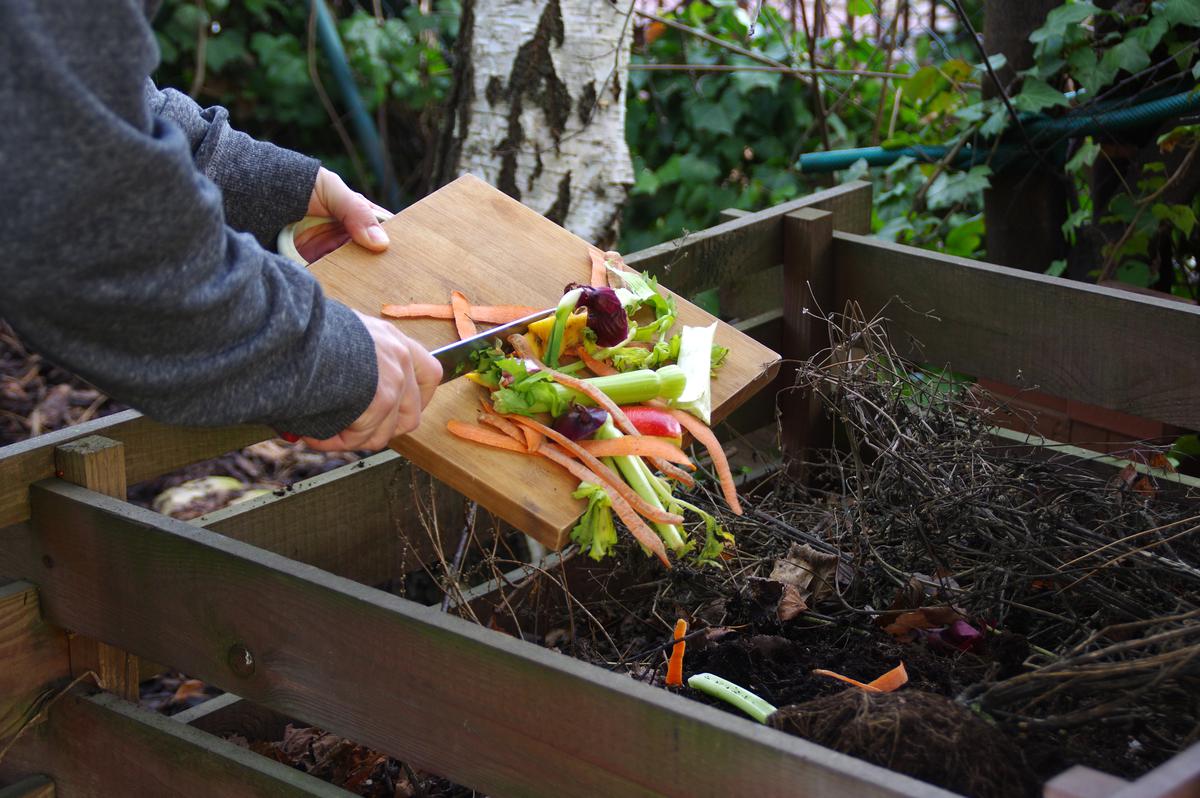
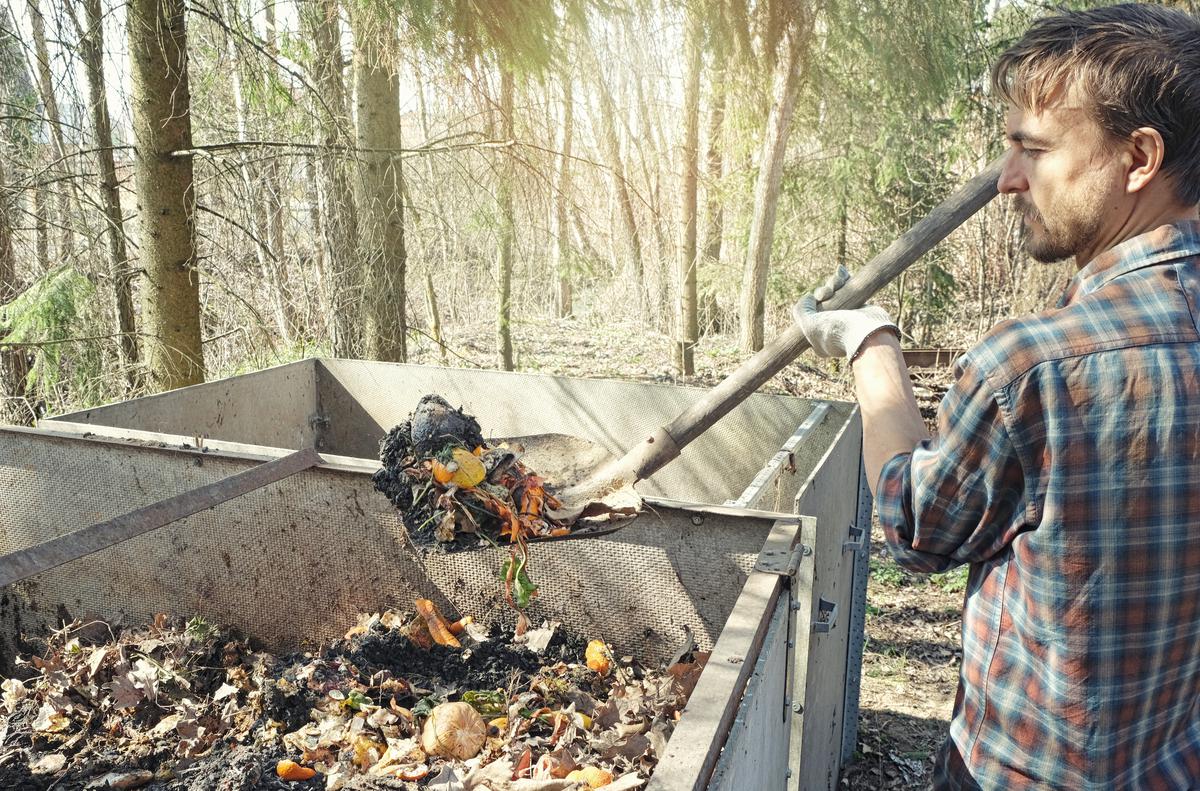

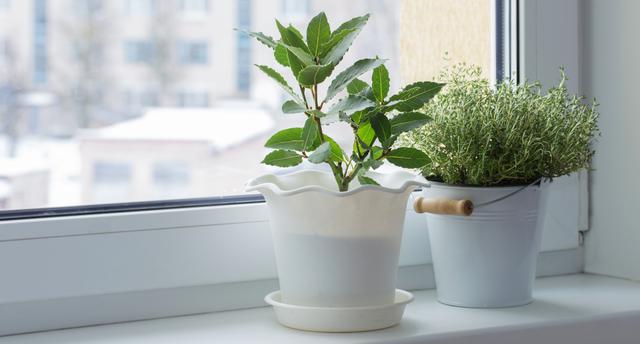
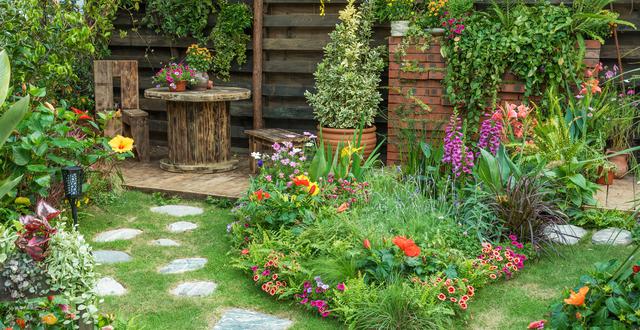
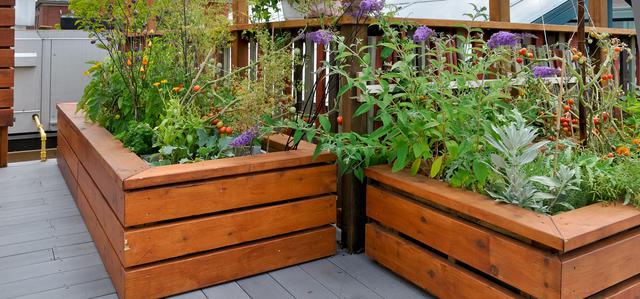
comments